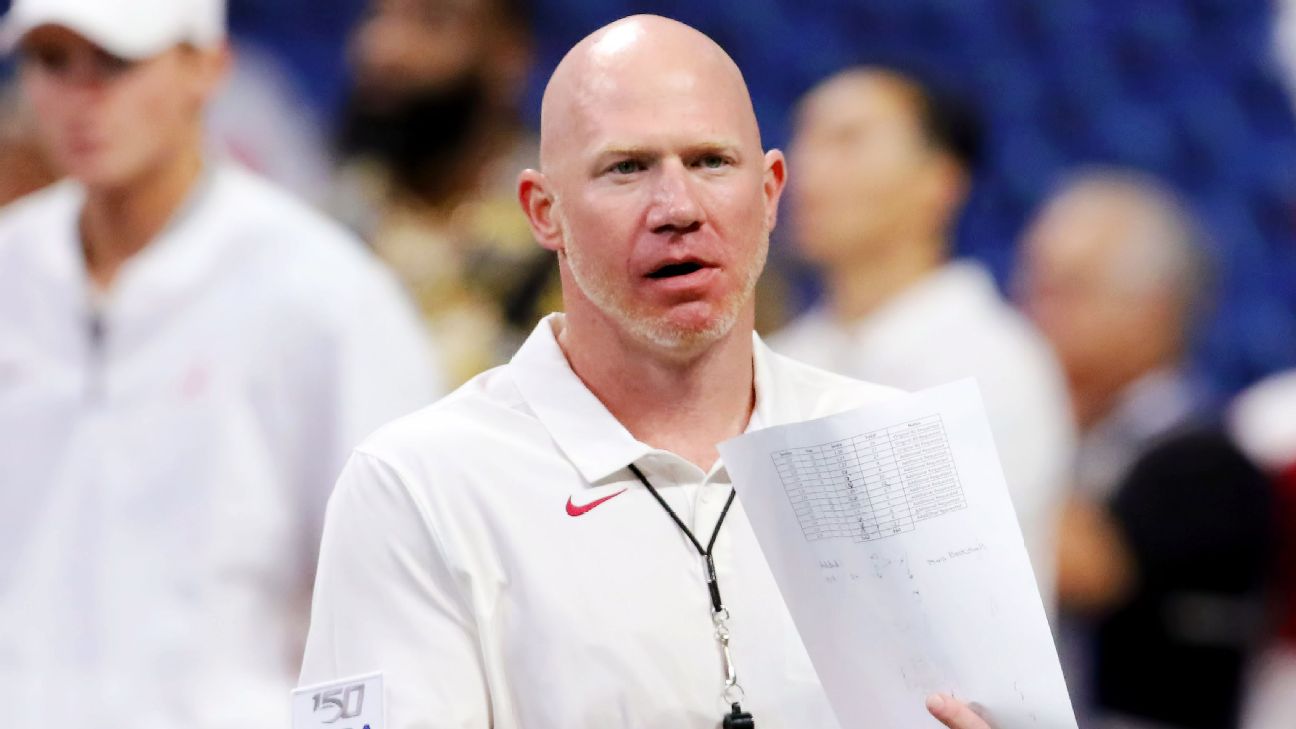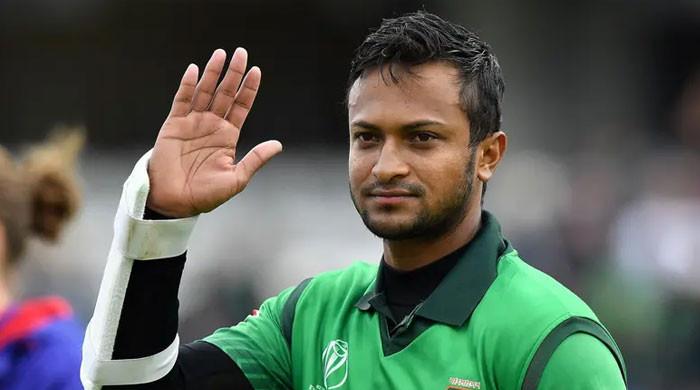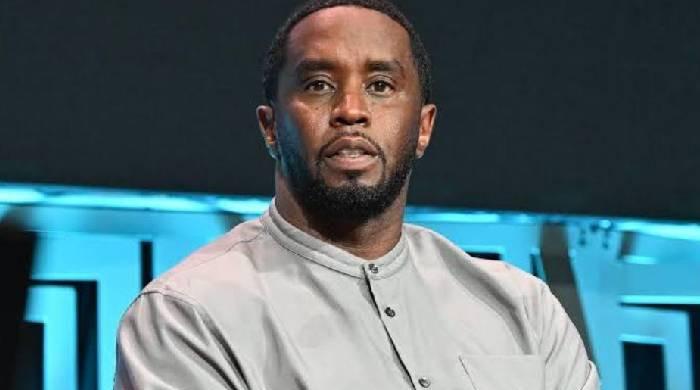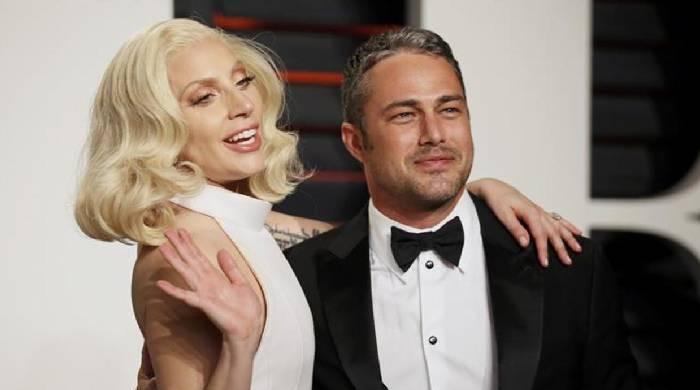ATHENS, Ga. — For more than two decades, Scott Cochran’s thundering bullhorn of a voice helped him become the most famous strength and conditioning coach in college football.
It was his instrument in motivating 77 All-Americans and 41 NFL first-round draft picks as a member of coaching staffs that won eight national championships at LSU, Alabama and Georgia.
That booming voice — the one that welcomed Alabama fans to Bryant-Denny Stadium in scoreboard videos and was featured in profiles on ESPN and “60 Minutes” — is also one of the reasons Cochran won’t be standing on the sideline during Saturday night’s showdown between the No. 2 Bulldogs and No. 4 Crimson Tide in Tuscaloosa (7:30 ET, ABC/ESPN App).
In 2012, while Cochran was assisting legendary Alabama coach Nick Saban in guiding the Crimson Tide to back-to-back national championships, he was suffering from debilitating migraine headaches. The man affectionately known as “Coach Yeah” was screaming so loud and so often during workouts that he was left with splitting pain near his temples that wouldn’t go away.
As Cochran pushed and prodded his players to give him one more lift or just another ounce of effort, his brain would sometimes throw up a white flag.
“I had to literally run and put my head into the ice tub just to get rid of the headache because there’s no way I was going to miss a lift group or miss a player walking through the door,” Cochran told ESPN.
Doctors advised him that the migraines were the result of increased pressure in his head and neck from screaming. As Cochran shouted instructions to his players in the weight room, the blood vessels in his head contracted, leaving him in throbbing pain. The migraines would last from a few minutes to several hours. Cochran said that at times it felt like a “vise was cranking” his head.
A doctor offered Cochran a simple remedy: Stop screaming so much.
There was one problem: Cochran’s voice was his brand, akin to legendary Alabama coach Paul “Bear” Bryant’s houndstooth hat and former Florida coach Steve Spurrier’s visor.
“But this is who I am,” Cochran told the doctor. “You try not breathing.”
According to Cochran, a doctor initially prescribed blood thinners and then beta-blockers, which slow a person’s heart rate and relax blood vessels to control migraines. However, neither drug did much to control the frequency or intensity of his headaches.
A doctor proceeded to the next step, providing Cochran with a prescription for Vicodin, which contains the opioid pain reliever hydrocodone and acetaminophen (Tylenol).
The doctor delivered a stern warning: “Be careful. This can be addictive.” When the Vicodin didn’t work, the doctor changed the drug to extended-release OxyContin.
“And, of course, with my ego, I’m like, ‘I’m not going to get addicted to something,'” Cochran said. “Come on. I’m winning. I’m winning everything. I’m financially successful. Life is too good for something like that. I’ll be fine.”
Cochran, 45, grew up in New Orleans and earned kinesiology and sports management degrees from LSU. He started as a strength and conditioning coach at University Laboratory School in Baton Rouge, Louisiana. When Saban left Michigan State to take over the Tigers in 2000, he hired Tommy Moffitt, Cochran’s strength coach in high school, to oversee his weight room.
“I called Coach Moffitt and said, ‘Hey, I’ll cut your grass. I’ll scrub your toilets. Whatever I need to do, let me come work for you,'” Cochran said.
After three years as a graduate assistant and two more as an assistant strength and conditioning coach, Cochran departed LSU to join the New Orleans Hornets’ staff.
When Saban left the Miami Dolphins to take over Alabama’s struggling program in 2007, he tried to hire Moffitt away from LSU. Moffitt wouldn’t leave, so he hired Cochran instead.
“I just think people like positive people,” said Saban, who joined ESPN as a college football analyst after retiring from Alabama. “I don’t know that people relate to negative, ‘poor me’ type people. Scott was always upbeat and positive. I think his energy and enthusiasm and that positive attitude was contagious in a lot of ways in terms of the work ethic that we were able to establish.”
In a role that traditionally operated behind the scenes, Cochran became the second-most-powerful voice in Alabama’s football program — behind only Saban’s.
Along the way, Cochran’s high energy and raspy voice developed a cult following among Tide fans. When the Crimson Tide played at No. 3 Georgia in 2008, the Bulldogs wore black jerseys and urged their fans to wear black at Sanford Stadium. In practice that week, Cochran told Alabama’s players, “They’re wearing black jerseys because they know they’re going to a f—ing funeral.” The No. 8 Crimson Tide blasted the Bulldogs 41-30 on the road.
“Probably to the outside world, it’s like he was 6 feet, 4 inches, and 300 pounds and bench-pressed the whole world because of the voice,” said Ole Miss coach Lane Kiffin, who worked as Alabama’s offensive coordinator and quarterbacks coach from 2014 to 2016. “He was really not that big of a guy when you’re next to him, but his voice was so powerful.”
With Cochran leading Alabama’s famous “Fourth Quarter” conditioning program in the spring and summer, the Crimson Tide were the sport’s standard for more than a dozen years. The Tide captured three national titles in Saban’s first six seasons, then played in four straight College Football Playoff National Championship games from 2015 to 2018. They defeated Clemson 45-40 in 2015 and Georgia 26-23 in overtime in 2017. Alabama went 55-4 over those four years, never losing more than once in a season.
Cochran received plenty of notoriety for Alabama’s success. He was named the Samson Strength & Conditioning Coach of the Year in 2008 and 2011. Regions Bank featured him in a TV commercial with his gravelly pipes cheering on customers as they saved money. By 2016, he was the highest-paid strength coach in the FBS, earning $525,000 per year.
Kiffin and other coaches who worked with Cochran at Alabama said he was more than just a highly successful strength coach who transformed five-star recruits into All-Americans. He was also a much-needed filter between the demanding Saban and his players.
Kiffin joked that Alabama’s weight room was like Munchkinland from the “Wizard of Oz.”
“Everybody is miserable up here, and then when you walk down the stairs to Munchkinland, everybody’s singing, there’s music playing, everybody’s happy,” Kiffin said. “It was a very interesting dynamic — good cop, bad cop.”
Other former Alabama assistants, including Maryland head coach Mike Locksley, who worked under Saban from 2016 to 2018, agreed that Cochran was often a sounding board for players and other assistants.
“He knew the players and kind of got a great feel for how the players were,” Locksley said. “He also was the guy that kind of motivated and kept the coaches from jumping off the ship sometimes.”
None of the eight former coaches contacted by ESPN who previously worked with Cochran said they were aware of his substance abuse struggles at the time.
By 2015, three years after getting his first prescription, Cochran said he had developed an addiction, taking 10 pills per day. He crushed and snorted the pills so they’d get into his bloodstream and rid him of his migraines faster. Cochran said he obtained prescriptions from a doctor in Alabama and another one in Mississippi. He bought additional pills from dealers off the street.
“I had to go to docs outside of the building to get more and more and more,” Cochran said. “But the one thing was, it fixed my headaches, which was crazy. It was literally like, ‘Oh, shoot. I can coach all day.’ Like, my head doesn’t hurt. I don’t have to put my head into the ice tub between every workout group, you know?”
Defensive coordinator Kirby Smart was one of Cochran’s closest friends at Alabama. When Smart was hired to coach Georgia in December 2015, he tried to bring Cochran with him. Cochran wasn’t ready to leave Saban, but as his addiction worsened over the next few years, he finally agreed to join Smart at Georgia. He was hired as the Bulldogs’ special teams coordinator– an on-field position — in February 2020.
Cochran’s dream was to become a head coach, and he figured no school was going to hire a strength coach to lead its program. He also believed a change of scenery would help him leave his addiction in the rearview mirror.
“For about two years, I was trying to figure out, ‘How do I stop?'” Cochran said. “Because I couldn’t put it down. And so, I was thinking, ‘OK, if I change jobs, if I change geographical location, maybe I can leave this stuff behind.'”
Cochran said he took a few pills with him to Georgia, knowing he’d be sick from withdrawal symptoms. He never stopped using. When the university shut down its campus and moved classes online in March 2020 because of the COVID-19 pandemic, Cochran returned to Tuscaloosa, where his family was still living. He was back among his old dealers and was soon snorting 20 to 25 pills a day.
On April 10, 2020, Cochran was discussing special teams play with coaches from the Atlanta Falcons in a videoconference. His wife, Cissy, found him passed out in his office chair. He was sweating profusely and wasn’t breathing. His skin had turned purple. She initially believed he’d had a heart attack or stroke.
“He was kind of slumped over, just not really responsive,” she said.
When two paramedics arrived at Cochran’s house, one of them recognized that he was the former Alabama strength coach. He started giving Cochran chest compressions, believing he had suffered a heart attack.
But then the other paramedic spoke up: “This is an overdose. Narcan him now.”
One of the paramedics administered a Narcan nasal spray, which is designed to reverse an opioid overdose. When that didn’t work, he injected Cochran with another narcotic blocker. Cochran said he woke up in a hospital about two days later.
A doctor told him, “That was a really close call. You were dead.”
Cochran knew the doctor and asked him, “Can you write me a script?”
Cissy Cochran had noticed her husband was more irritable during his final two years in Alabama, sometimes snapping at her or their three children. She never suspected he was abusing painkillers.
After her husband’s overdose, Cissy remembered that former NBA player Chris Herren had talked to the Alabama football team over the years about his own drug and alcohol addictions. She called Herren, who told her to put Scott on a plane and get him to Herren Wellness, his recovery center in Seekonk, Massachusetts.
“She was in a panic, and she just wanted to find a place for him to get help,” said Herren, who spoke to ESPN with Cochran’s permission.
Cissy flew with her husband on Easter Sunday to make sure he made it. Herren’s staff picked Scott up at the airport, and Cissy flew home.
“He’s a very prideful guy,” Herren said. “He’s got an unbelievably big personality. I always watched him firing people up. He was always helping, always motivating. When I saw him come up the first time, he wasn’t the same. He seemed like he was worn out.”
Scott Cochran spent 28 days at Herren Wellness. He and his wife were the only ones who knew he was in recovery; he didn’t tell Smart about his addiction. Since Georgia’s coaches were still working from home during the pandemic, he participated in staff meetings via Zoom and had FaceTime calls with recruits.
“No one had a clue,” Cochran said.
During his initial stay at Herren Wellness, Cochran felt as if he was suffering from the flu as his body withdrew from the opioids. He was wearing a Fitbit and remembers sleeping about eight hours over 10 days.
Cochran returned to Georgia to prepare for the abbreviated 2020 season. He said his sobriety lasted about two months. He was in a new college town and had to find new dealers. Soon, according to Cochran, he was snorting as many as 50 pills a day.
The Bulldogs went 8-2 in 2020, and Cochran’s first season as special teams coordinator was a success. Georgia led the SEC in kickoff returns and kickoff coverage and was fourth in punting.
By June 2021, Cochran’s life was being consumed by his addiction. He told his wife that he was using again and needed to return to Herren Wellness for a two-week refresher course. When he arrived at the facility, he told administrators that his urine test wasn’t going to be clean. They told him there wasn’t OxyContin in his system, only fentanyl.
“I was basically addicted to fentanyl,” Cochran said.
The doctors at Herren Wellness wanted Cochran to stay for 100 days to get clean. Cochran knew he could no longer keep the secret from Smart, so he called his good friend and boss.
“You hired a drug addict,” Cochran told Smart.
“What are you talking about?” Smart asked.
Cochran told Smart he’d been abusing painkillers for nearly 10 years and was calling him from rehab. Smart assured Cochran that he and Georgia would do anything to help him. Smart flew to Massachusetts to see him about a month later.
“It was tough,” Cochran said. “You have so much guilt, so much shame. And to open up and tell someone that you’re broken, how do you say that to somebody, you know?”
Cochran said he felt as if he had betrayed the players who had been open to him about their mental struggles and off-field problems while he was hiding his own.
“The worst part was I neglected my family,” Cochran said. “I dove all into work, all into the players. And it’s so sad and so disgusting to be saying one thing, and then as soon as they’re walking out the door, I’m doing something completely different. To be there and execute whatever they need done, but I’m broken bad.”
Herren said therapists and patients at his facility were soon wearing Georgia football T-shirts. During Cochran’s second stay, he was more committed to getting sober and more transparent about his struggles.
“To be honest with you, most people who call and say, ‘I want to come to your place for a month,’ I’m not that place,” Herren said. “I want to see people kind of unplug, disconnect, and really jump in and focus on their recovery. He stayed. He was committed. He just kind of took his hands off the wheel and said, ‘You drive. You tell me where to go.'”
When Cochran’s wife and three children visited him during his second month of recovery, they were surprised to hear him laugh during a walk.
“They had never heard me laugh,” Cochran said. “It was like, ‘Are you kidding?’ But it made sense, you know? Everything’s about winning. Everything’s about the next game, the next play. How do you get the most out of your players?”
On Aug. 8, 2021, Georgia announced that Cochran was taking a leave of absence and was “dealing with health issues and is taking time to prioritize his mental health and well-being.”
Cochran returned to work in mid-October 2021. Former Florida and South Carolina coach Will Muschamp had assumed his on-field position, so Cochran worked behind the scenes as an analyst and player development director.
Georgia went 14-1 in 2021, losing only to Alabama in the SEC championship game. The Bulldogs avenged that loss with a 33-18 victory in the CFP National Championship, ending the program’s 41-year title drought.
The Bulldogs went 15-0 the next season, claiming their second straight CFP title with a 65-7 rout of TCU.
Cochran’s biggest victory came nearly six months later when he reached his two-year sobriety anniversary on July 5, 2023. Smart congratulated him via text message.
Then, in the beginning of November 2023, Cochran relapsed again. He was buying painkillers from a former addict — two a day at first and then six to eight. He didn’t tell his wife or anyone at Georgia that he was using again. Cochran said he started out of boredom more than anything else.
A few days before Georgia played Florida State in the Orange Bowl this past January, Cissy Cochran grabbed her husband’s arm and said, “I know you’re struggling. I don’t know if you’re using, but I know you’re struggling. This can be the last game we coach.”
Georgia announced on Feb. 14 that Cochran was no longer a member of its coaching staff. He entered rehab in Athens and signed a two-year contract to remain sober through the program.
On Aug. 16, Cochran was back in front of a college football team. Georgia Tech coach Brent Key, who worked with Cochran for three years at Alabama, invited him to speak to his players about the dangers of substance abuse.
“As men, we hide things,” Key told his players. “That’s what we’re supposed to do. We’re supposed to hide things, not let people know when we’re hurt, if we’re in a different place. So, what you have to do is pay attention. Scott’s going to be very transparent and open with you guys tonight.”
Over the next 42 minutes, Cochran shared all the details — even the ugly ones — about his career, addiction and recovery. His program included segments from his “60 Minutes” interview, the Regions Bank commercial and a video of him smashing a crystal CFP runner-up trophy with a sledgehammer.
“I’m making the money. Life’s good,” Cochran told the players. “I wouldn’t be standing here if it was sunshine and rainbows, right? I relapse. I pick back up last year because my ego got so big. My ego got so big because I’m ‘the man.’ My ego got so big you couldn’t tell me s—, and so I picked back up.”
While his life used to be defined by championships, draft picks and All-Americans, Cochran now measures it by days of sobriety.
“My life’s a little different now,” Cochran said. “I attack it a little different. I have to be right where my feet are 24/7. If I start thinking about the future, I’m going to start stressing about the dumb s—, right? And I’m going to miss this. I’m going to miss this moment right here with y’all.
“If I start thinking about the past, that’s shame. It’s shame in that past. There’s shame back there. ‘Man, I can’t believe I’ve ruined all this, all that.’ So, if I can just be right where my feet are, if I can find that juice, that energy to be who I need to be right here in this moment, this is nothing different from football.”
On June 26, Cochran and former Georgia political staffer Jeff Breedlove, who battled a cocaine addiction, launched the American Addiction Recovery Association. The group’s mission is “to save lives, restore families and strengthen communities.” AARA wants to be what the Susan G. Komen Foundation has been for breast cancer and eliminate the stigma surrounding addiction.
“Why not stand up and say, ‘Hey, let’s come together,'” Cochran said. “Let’s talk about addiction for what it is, and not, ‘Because you’re an addict, we don’t want you around.’ The opposite of addiction is connection. If we can get people out of that shame and guilt cycle, there’s going to be a lot more recovery, and that’s going to save lives.”
As part of Cochran’s work, he has spoken to football teams at Ole Miss, Maryland, Oregon, Florida, Clemson and Marshall. He has appeared at fraternities in Alabama and a construction convention in California.
“I’m happy for him,” Smart said. “I think he’s really in his calling now. He is in his element when he’s telling his story. I think about a team that’s never heard that, how impactful he can be. We all have people that have been really in need of help, and he’s lucky to be alive. I’m happy as hell for him.”
At the end of each program, Cochran posts his cellphone number on the screen. He tells anyone to contact him if they’re having a problem with substance abuse or have a family member who’s using. He averages a couple of text messages a day. He recently helped a 52-year-old man get to the hospital and in recovery.
“It’s so rewarding to see the miracle of recovery every day,” Cochran said.
Cochran has been sober for more than eight months, but he knows it remains an ongoing, daily battle. For the most part, his migraines are gone, although one will pop up occasionally when he’s speaking to a group without a microphone or playing rough with his kids.
Herren said one of the most rewarding parts of Cochran’s recovery is seeing his face on a weekly Zoom meeting of alumni from his recovery center.
“That’s the beauty of being sober and sharing your story is that you know you have a front-row seat to watch people that you help rebuild their life,” Herren said. “He’s a very selfless, giving human being, and to see him now and who he is and what he’s doing and what he’s overcome and the way he’s still fighting, that’s the most fulfilling thing to me because he’s finally putting himself first.”
Gene Wojciechowski contributed additional reporting.
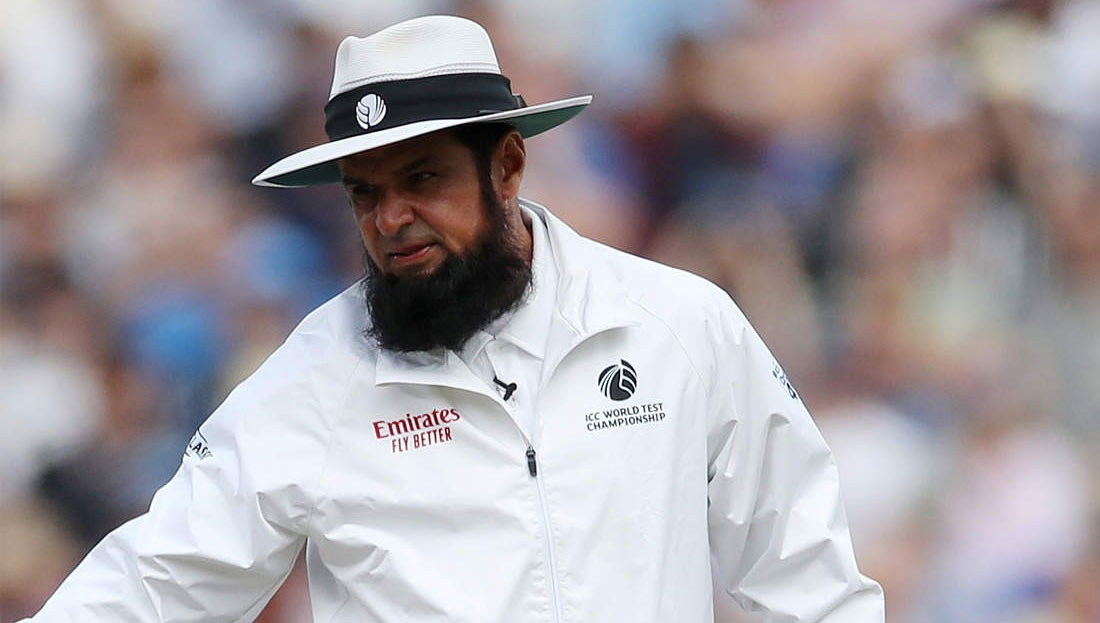

 Technology7 مہینے ago
Technology7 مہینے ago
 Pakistan7 مہینے ago
Pakistan7 مہینے ago
 Sports6 مہینے ago
Sports6 مہینے ago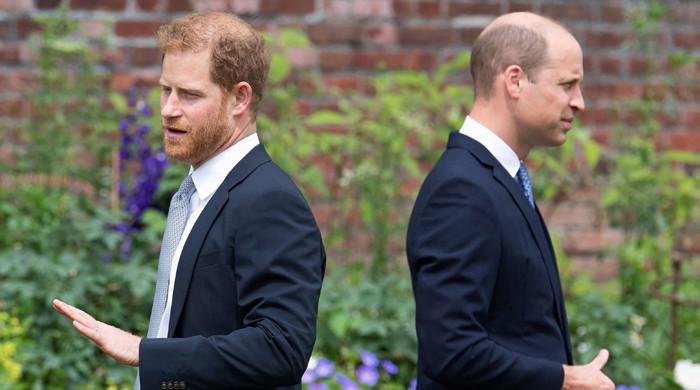
 Entertainment6 مہینے ago
Entertainment6 مہینے ago
 Pakistan7 مہینے ago
Pakistan7 مہینے ago
 Sports6 مہینے ago
Sports6 مہینے ago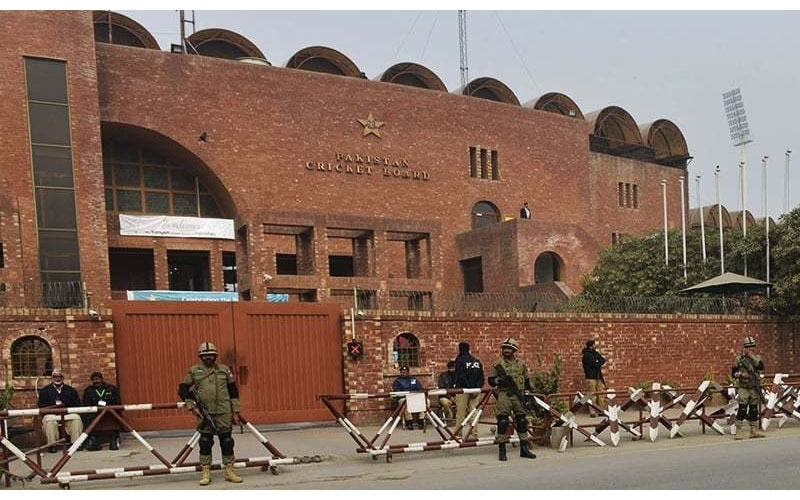
 Sports6 مہینے ago
Sports6 مہینے ago
 Pakistan5 مہینے ago
Pakistan5 مہینے ago



